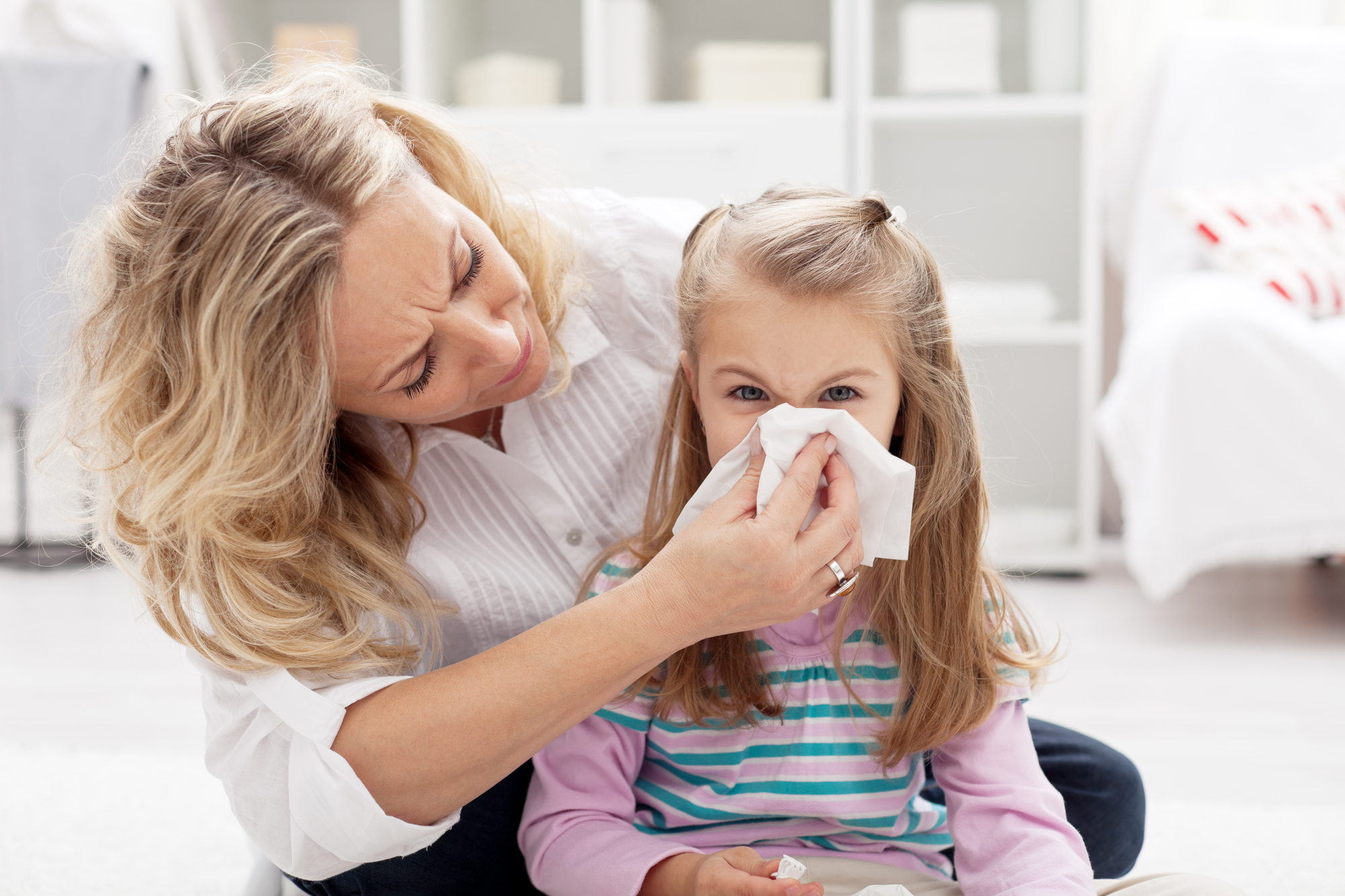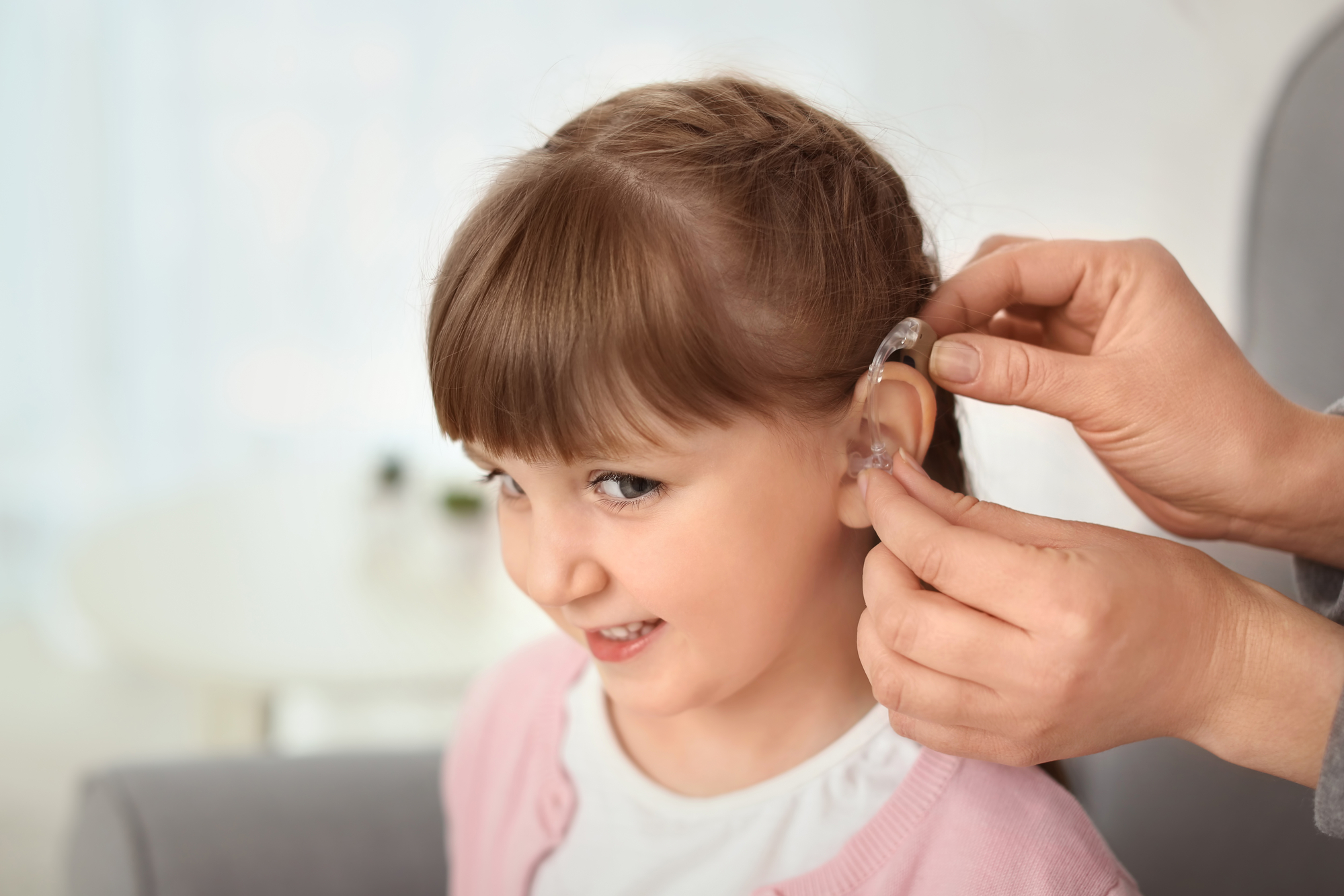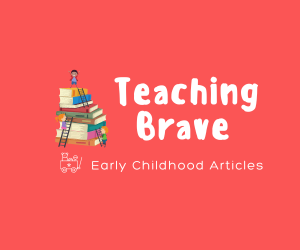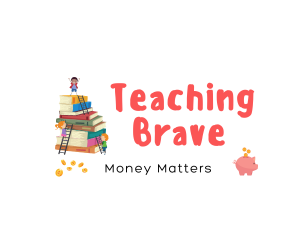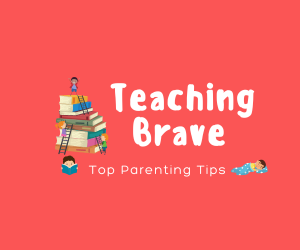My son is anaphylactic to peanuts, cashews and pistachios and has allergic rhinitis with a dust mite allergy. I have also been dealing with allergies and anaphylaxis in my 20+ year career as an early childhood teacher and director.
Managing allergies takes some important actions:
Understand the allergy
This involves being fully aware of the severity of the allergy – will it cause a mild- medium reaction, or will it potentially cause an anaphylactic reaction which can be life threatening, requiring the administration of an Epipen (or two) as well as hospitalization. An allergy/immunologist can perform an allergy test which may involve a pin prick test and/or a blood test to advise the severity of the allergy. You can talk to your GP for further information.
Once you know the severity of the allergy and the potential reaction it can cause, you can manage the triggers and make sure you’re fully aware of the signs and symptoms that a reaction may be occurring. You will most likely be given an ‘ASCIA action plan’ from your GP or allergy specialist which outlines the allergen, the signs and symptoms and the action that should be taken for that child.
It’s so important to be fully aware of how to treat this allergy and make sure you understand where potential triggers can occur – for example, for my son’s peanut allergy, I need to make sure I never give him ‘Satay’ products, or if he attends a child’s birthday party, communicating to the parents that he must not be given peanut M & Ms, or a Snickers or a Picnic bar, and communicate the severity of the allergy to those around him. For the treatment, learn how to properly use an Epipen or which antihistamines to have on hand.
Educate those who are caring for your child
Terrible accidents can happen if the people caring for and educating your child are not made aware of the child’s allergy and all details surrounding the allergy. This is where the action plan can come in handy as it has a clear visual and plan of what to do in the case of exposure. You can keep copies on hand and provide them to those people who are responsible for your child. If your child attends an education and care setting, they will require a copy of the action plan, any medication that is necessary and will most likely ask you to complete a risk minimization plan as well as a communication plan so that all educators within the service are aware of how to manage the risk. This is part of the Education and Care Services national regulations, so if they are not asking for this information, it may be a red flag that the early learning service is not following proper protocol.
Incidents may also occur when family members don’t fully understand the child’s allergy. If you’re leaving your child with grandparents for example, it is vital that they fully understand the allergy, the severity of it and which foods or items are off limits for your child. Show family members the relevant medications and make sure they understand how to look for signs and symptoms and what to do if a reaction occurs. Some family members may trivialize this information but you will need to be your child’s health advocate and make sure you do your best to prevent an emergency.
Educate your child
You can start educating your child from a very young age, about their allergy. They will start to understand and can even help other adults caring for them, to ensure their own safety. I have been a witness to 3 year olds in child care reminding casual educators that they are allergic to milk when an educator tried to fill their cup with milk. I have also seen 4 year olds remind educators and those around them that they are allergic to berries so they can’t have the jam on toast that their friends are having. This is so wonderful to see that parents have taken the time to talk to their child and educate them, which in turn means that the child is in a better position to protect themselves in various situations.
Of course you will need to assess whether it is age appropriate to try to educate your child on these matters but children can surprise you and pick these things up from as early as 2 years old!
You can discuss the basics:
- What does allergic mean? (If you eat that, it can make you very sick)
- If these things happen to your body (signs and symptoms such as itchiness, rash, vomiting etc) it might mean you accidentally ate something you’re allergic to and might need medicine.
- A grown up will need to give you medicine if you have a reaction – the medicine will make you feel better
- At an age appropriate level, you can teach the use of an Epipen, or what antihistamine they need.
- If they need to go to the Dr or in an ambulance, it’s not ‘scary’, it means the Drs can help you quickly to make you feel better.
Always have medications handy and in date
This might seem obvious but it can easily be overlooked. Make sure that you have a system in place for ensuring all medications for at home, at school or daycare, or with other family members are always handy and within date. It is easy to go about your day and prioritise other daily tasks but in an emergency and if you need it, out of date medication may not be as effective and it is vital that this is not overlooked. It might be a good idea to look at the expiry of the medication when you buy it, and then put a reminder in your phone or on your calendar immediately, for a month before the medication expires, as a reminder to fill a script for new medication.
Your child’s early learning service or school will most likely have a system in place and remind you to provide new medication before the old one expires, which may prompt you to do this for any meds at home or with other family members.
I hope these tips have helped. I have spent more than 20 years managing allergies in early learning services, as well as with my own son. For more information on Anaphylaxis and Allergies in Children, you can check out my article on the TeachingBrave blog “Children And Anaphylaxis: Everything You Need To Know”
Liz Michelle is a single mum, with more than 20 years of experience as an early childhood teacher and child care director. She also has a blog (teachingbrave.com) with early childhood-related content, her money journey from a broke single mum to now thriving financially, and parenting tips.


